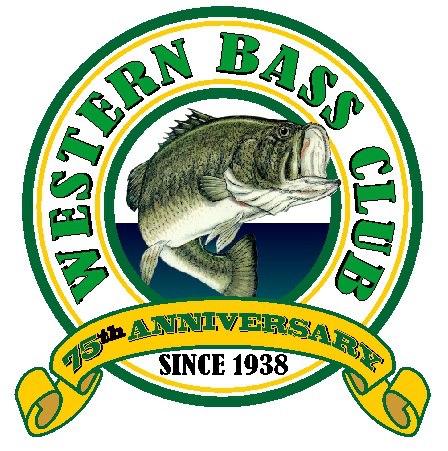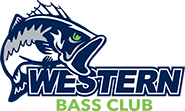
Our Story
In 1938 a small group of local fishing friends that shared the love of bass fishing met with the intent of forming a club that would address issues concerning the states warm water fishery. The club was to be known as the "Western Bass Club" and was the only organized club in the United States dealing exclusively with Bass, Crappie, Perch and other spiny ray fish. It was founded by Ed "Mr. Bass" Frederich, Owner of Rainier Tackle Company in Seattle. He was also the clubs first president.
The name "Western Bass Club" was selected because most of the initial members lived in western Washington. But it wasn't long before its membership grew to include residents in Oregon, Idaho and northern California. While we have members in many states, Western Bass Club remains based in Washington State.
On July 17, 1939, Ed T. Frederich, Frank C. Kelly, Ralph Higgens, and Earl Van Vleck filed the Articles of Incorporation with the Secretary of State's office in Olympia. Those articles singled out the primary purposes of the club to include:
- To perpetuate warm water fish in waters adaptable to those fish.
- To assist in the propagation of these fish by restocking and planting of suitable habitat in our lakes.
- To assist in the formation of other clubs having similar objectives.
- To assist in the observance and enforcement of game laws.
- To cooperate in the fullest measure with other sportsmen organizations interested in the conservation of game fish, game birds and game animals.
- To fight pollution in all waters of the state of Washington.
In 1939 the club paid for and took delivery of a tank full of six-inch long bass fingerlings that were planted in various waters approved by the game department. Many of the bass in Washington today are descendants of this initial planting. The club also took an active part in the fight against water pollution and installed bass and panfish habitat in local lakes. This tradition carries on today as the club actively participates in habitat restoration projects on a regular basis.
The Western Bass Club continued as the states only organized bass club until 1976. The club has been instrumental in the growth of bass fishing in Washington and has helped to establish and set up many of the states existing bass clubs.
Over the years, club members put on many educational how-to bass clinics, resulting in the publication of the "Washington Bass and Panfish Guide", the true warm water angler's bible for this part of the country. Originally published in 1978, it enjoyed over a decade of popularity. Although the book is now out of print, many of the original members that put the book together are still members of the club today.
In 1988 the club celebrated its 50th anniversary as the "oldest chartered bass club in the United States". The club was so honored by the Washington State Department of Game, which is only five years older. In 2013 the club celebrated is 75th anniversary at Vasa Park on Lake Sammamish with a barbeque and one day tournament that awarded the Rainier award for the largest bass caught and on day two a Jack-n-Jill tournament.
The club attributes its longevity to the quality members it attracts and the ability to adapt to changing times. Through the years, many creative and innovational programs have been incorporated into the club. These programs make the Western Bass Club unique and appealing to new and old members alike. We hope you decide to become a part of our 78 year heritage.
Club Events
We are a non-affiliated club that hosts 6 multi-format tournaments a year and has an annual swap meet and Annual Awards Banquet.
The club also has several recognition programs such as the Greenslip Program and the coveted Grand Slam Award.
If that's not enough, there are monthly fish-ins held on the first Saturday of every month put on by the Ambassador Program throughout the year.
Meetings -- The Western Bass Club meets the third Wednesday of each month to conduct business and socialize. Guests are always welcome so feel free to stop by and say hello. Follow these directions to get there.
Want to learn more?
If you want to learn more about our club, please contact us or join us at our next club meeting.
